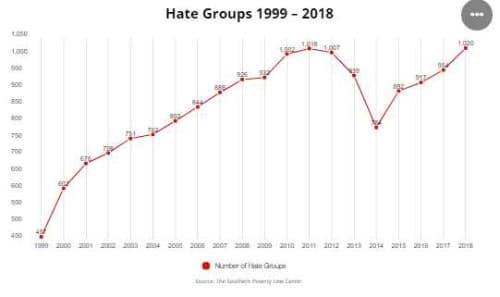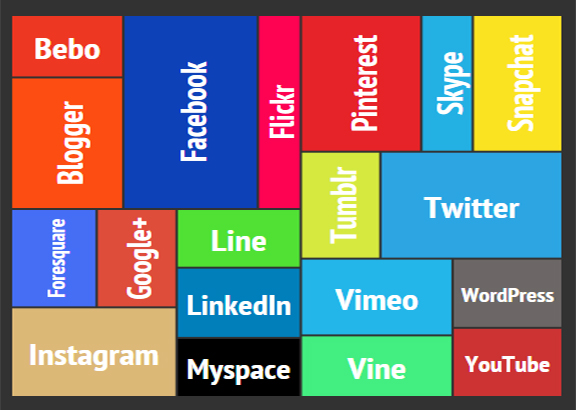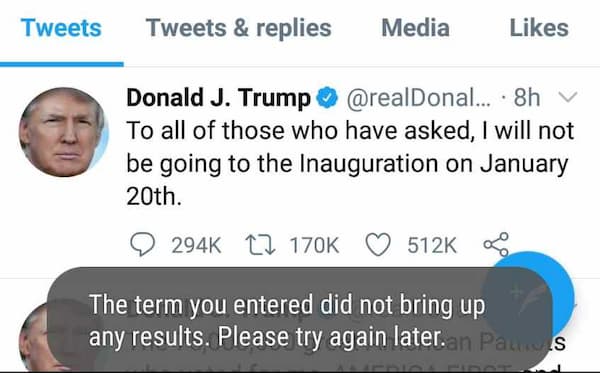Facebook announced Thursday it was changing its name to Meta, rechristening itself as a digitally innovative company moving beyond 2D screens even as insider revelations paint the tech giant as apathetic toward hate speech, misinformation and mental health.
Facebook founder and CEO Mark Zuckerberg said during Thursday’s livestreamed augmented reality and virtual reality (VR) conference that Facebook’s name change reflects a shift beyond its scrollable social media feed.
“The next platform in medium will be even more immersive,” he said. “An embodied internet where you’re in the experience, not just looking at it. We call this the metaverse.”
Zuckerberg said he was inspired by the classics. “Meta,” he said, comes from the Greek word for “beyond.” Facebook-owned apps such as Instagram, WhatsApp and Messenger will still figure into the company’s mission, but as it builds out its VR vision, Facebook has found “a new North Star to help bring the metaverse to life,” Zuckerberg said.
Facebook has been the subject of intense scrutiny since Frances Haugen, a former employee, leaked a trove of internal documents now known as the Facebook Papers. According to The New York Times, Haugen has made the rounds with lawmakers and regulators in the U.S. and Europe, arguing for tighter controls on the rapidly growing company.
As part of its rebranding, Facebook will develop a newly immersive VR option. Digital avatars will be “living 3D representations” of users, Zuckerberg said, which will allow people to work, play games and socialize together. Users can customize their experience with virtual items and cosmetics, integrate non-Facebook applications such as Dropbox and Slack, and meet friends and coworkers remotely.
This social platform, called Horizon, will be accessible through Facebook’s Oculus Quest, the company’s VR headset. Privacy and safety will be key features of the metaverse: Users can block people and “teleport to a private bubble to be alone,” Zuckerberg said.
Horizon will take a four-pronged approach to privacy, according to Zuckerberg, with its Responsible Innovation Principles: “Never surprise people,” “Provide controls that matter,” “Consider everyone” and “Put people first.” It’s reminiscent of Google’s founding rule, “Don’t be evil,” but critics say Facebook has done a poor job in the past of protecting users’ private data.
Zuckerberg acknowledged the metaverse’s sci-fi sound but predicted it would be mainstream within a decade. In that time, he hopes the metaverse will reach 1 billion users, facilitate billions of dollars’ worth of e-commerce and support millions of new jobs, according to his keynote address at Thursday’s virtual conference.
[content id=”52927″][content id=”79272″]








